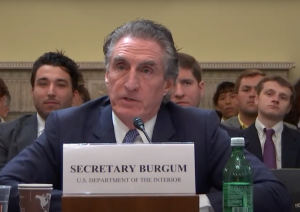Letter: The elephant in the room on affordable housing
As the town of Vail and Eagle County continue to invest millions to create affordable housing, there is an elephant in the room that all parties are assiduously avoiding facing.
There are hundreds of lock-off units that exist in Vail and Eagle County that do not conform to existing zoning, and hence are technically illegal, and may also violate the rules of the water districts as only one tap fee was ever paid.
Many, particularly in West Vail that were built prior to 1980 when West Vail was annexed to Vail, were legal when they were built and, in theory, are grandfathered into being compliant with current zoning. However, the problem for property owners is they must absolutely prove to the town of Vail that the lockoffs existed prior to 1980. That is often impossible to do as there are no building records from back then.
As a mortgage broker, I frequently have to advise owners of the roadblocks to trying to finance such properties because the appraisal will tag the property as a legal but non-conforming use, meaning if the property was destroyed it could be rebuilt but could not include the secondary unit.
In one case, I had to ask on Facebook if any old Vailites recalled living on a particular West Vail complex pre-1980 and would attest that the lockoff units existed, and I actually found someone who did and they attested to the town the lock offs existed and that, along with other evidence gathered (including a old sales brochure found in the county assessors office). allowed that particular unit to be grandfathered in.

Support Local Journalism
Policies among mortgage lenders I represent vary, but many will refuse to finance such a property due to the non -conforming status and those that will may charge a premium to the borrower as much as 1.5% above market.
It is possible for the property owner to skirt this issue if the lock-off does not have a full kitchen with a oven. A cooktop, fridge and microwave are OK, but the tenant will lack an oven. Some homeowners have had to remove kitchen ranges and remove the electrical or gas hookups.
In addition, many of these properties may not meet basic health and building codes because they are under the radar, exposing our hard-working employees to sub-standard conditions.
Owners also might face scrutiny from the water district if the existence of the secondary unit is publicly acknowledged as well. In theory, the water district could demand an additional tap fee be paid.
The time has come to declare an amnesty and allow owners of these non-conforming properties to come forth and get these units legalized. Regardless of what the zoning maps say, they exist and are vital to the ongoing solution of affordable housing.
Continuing to ignore this issue is simply not realistic.
Chris Neuswanger
Edwards










